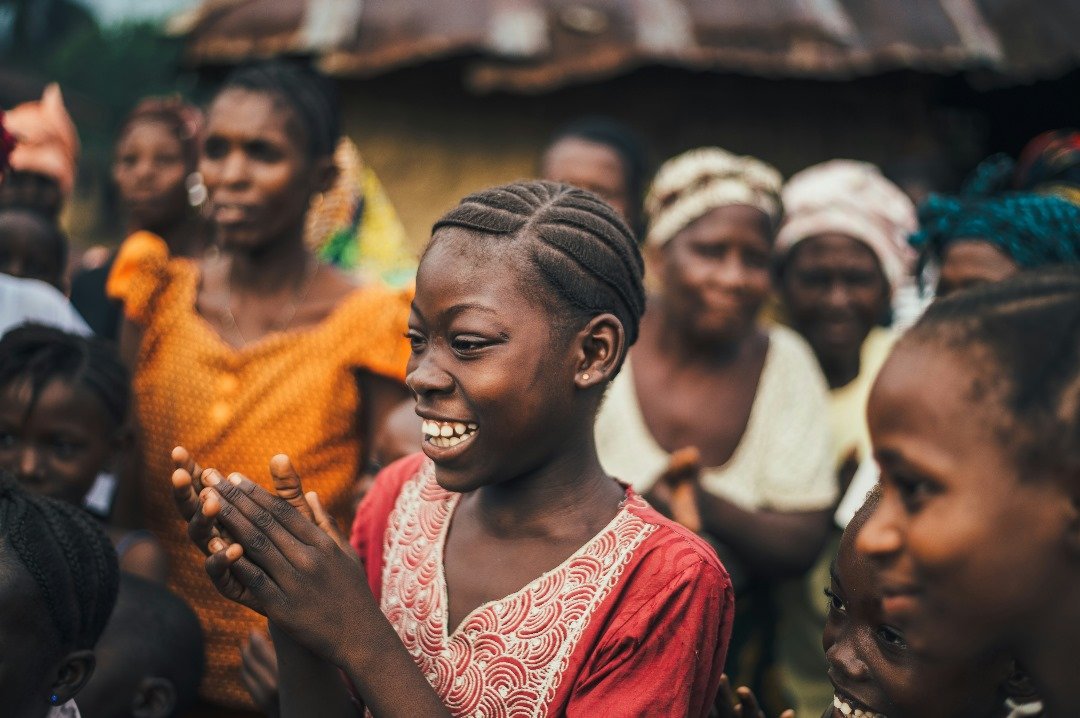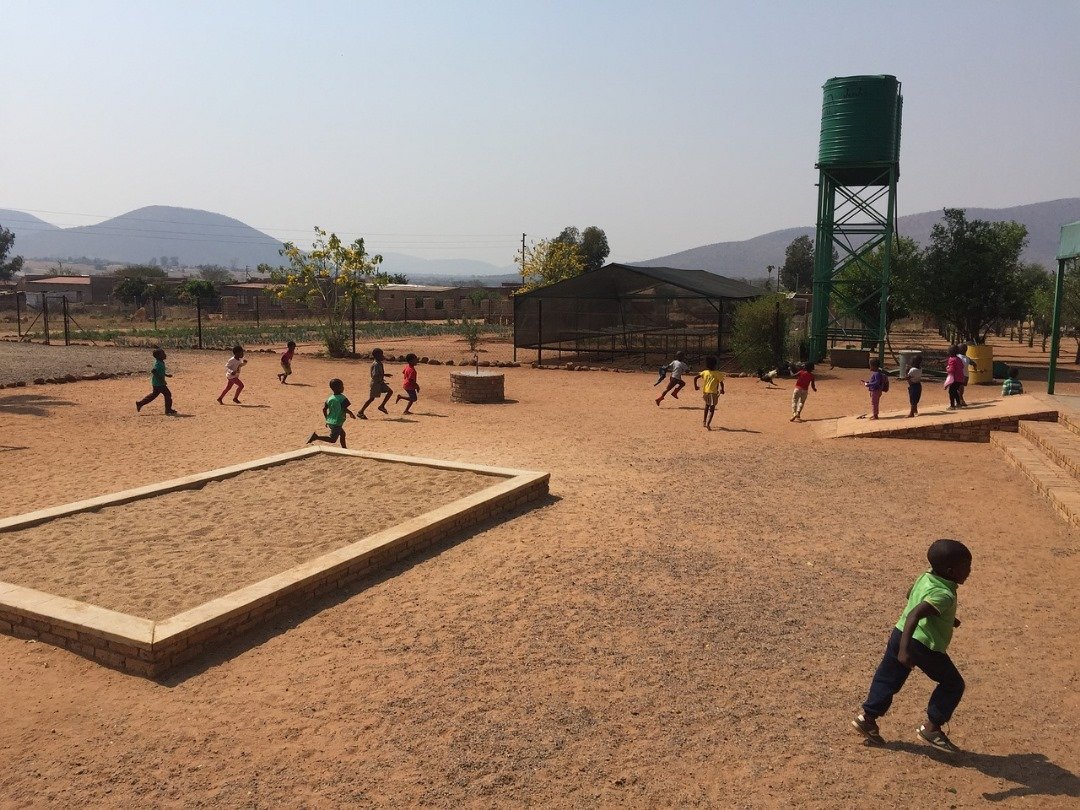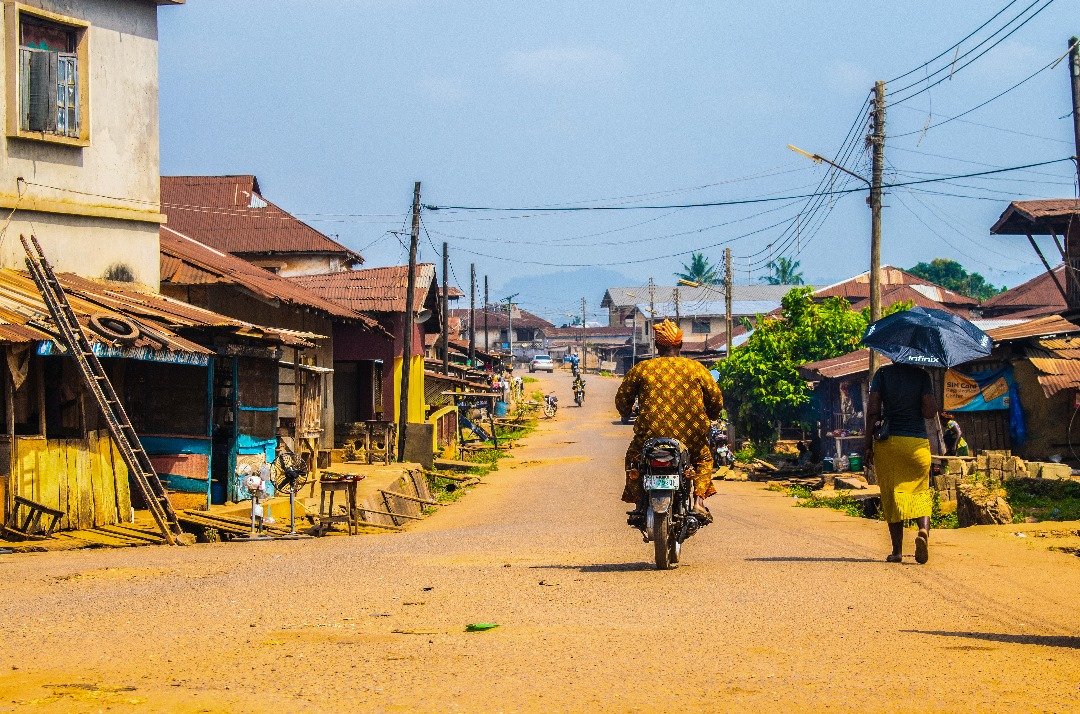Programs

1. Youth Empowerment and Skills Training Program
To equip young people with the skills and knowledge necessary for personal and professional development, fostering a generation of empowered and self-sufficient individuals.
Components
- Vocational Training: Offer courses in trades such as carpentry, tailoring, and digital skills.
- Entrepreneurship Workshops: Provide training on starting and managing small businesses, including financial literacy and marketing.
- Mentorship Programs: Connect youth with experienced professionals for guidance and support in their career paths.
Impact
Empowered youth with practical skills and entrepreneurial knowledge, leading to reduced unemployment and poverty levels in the community.
2. Inclusive Education Program
To ensure access to quality education for all children, including those with disabilities, in African communities.
Components
- School Infrastructure: Build and upgrade school facilities to be inclusive and accessible.
- Teacher Training: Train educators on inclusive teaching methods and special education needs.
- Community Awareness: Promote the importance of inclusive education and the rights of children with disabilities through community outreach.
Impact
Increased enrollment and retention of children with disabilities in schools, improved educational outcomes, and heightened community awareness of inclusivity.


3. Community Tree Planting and Reforestation Project
To combat deforestation and climate change by planting trees and restoring degraded lands in African communities.
Components
- Tree Planting Events: Organize community-wide tree planting days with local volunteers.
- Education Workshops: Teach the community about the benefits of trees and sustainable land management.
- Monitoring and Maintenance: Establish a system for the care and monitoring of newly planted trees.
Impact
Increased forest cover, improved local biodiversity, and heightened community engagement in environmental conservation.
4. Clean Water and Sanitation Initiative
To provide access to clean water and improved sanitation facilities in underserved communities.
Components
- Water Infrastructure: Build and maintain wells, boreholes, and water purification systems.
- Sanitation Facilities: Construct latrines and handwashing stations in schools and public areas.
- Hygiene Education: Conduct campaigns on the importance of hygiene practices and safe water usage.
Impact
Enhanced public health through access to clean water and sanitation, reduced waterborne diseases, and increased awareness of hygiene practices.


5. Sustainable Agriculture Program
To promote environmentally friendly farming practices that increase food security and protect natural resources.
Components
- Training Workshops: Educate farmers on sustainable techniques such as crop rotation, organic farming, and water conservation.
- Resource Provision: Provide seeds, tools, and materials needed for sustainable farming practices.
- Market Access: Assist farmers in accessing local and international markets to sell their sustainably grown produce.
Impact
Improved agricultural productivity, increased food security, and reduced environmental degradation through sustainable farming practices.
6. Cultural Heritage Preservation Project
To preserve and promote the rich cultural heritage of African communities through education and cultural activities.
Components
- Cultural Festivals: Organize festivals and events that celebrate local traditions, music, dance, and art.
- Heritage Education: Develop programs in schools and community centers to teach the history and significance of local cultural practices.
- Artifact Conservation: Work with local museums and cultural institutions to preserve and display historical artifacts and documents.
Impact
Strengthened cultural identity, increased community pride, and the preservation of cultural heritage for future generations.


7. Community Infrastructure Development Program
To improve the quality of life in African communities by developing essential infrastructure.
Components
- Road Construction: Offer courses in trades such as carpentry, tailoring, and digital skills.
- Community Centers: Connect Establish centers that serve as hubs for education, healthcare, and social activities.
- Electricity and Connectivity: : Provide access to reliable electricity and internet connectivity to support education, businesses, and communication.
Impact
Enhanced community development, improved access to essential services, and increased opportunities for economic growth and social interaction.